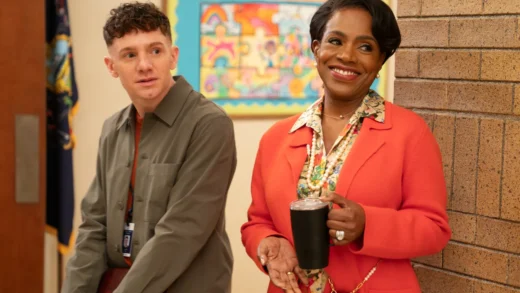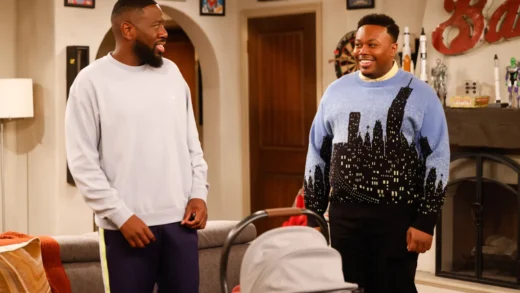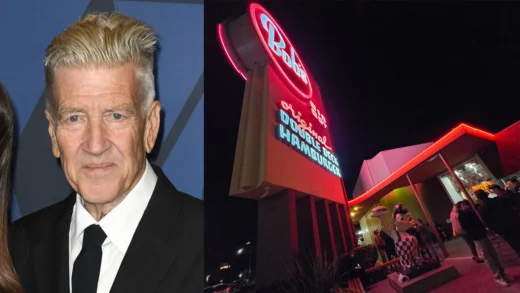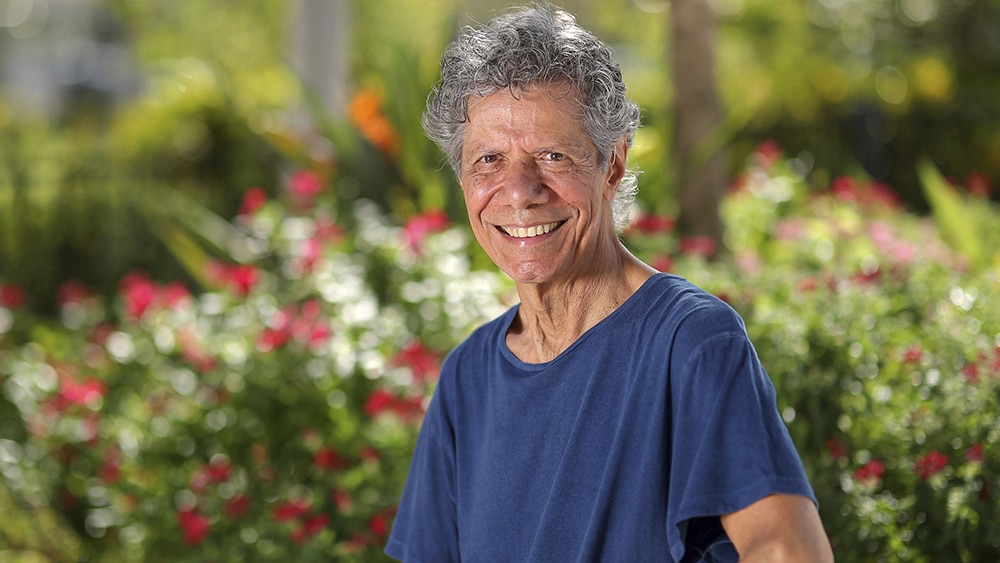Keyboardist-composer Chick Corea, who attained stardom as a fusion pioneer and distinguished himself as a do-anything player across the jazz spectrum and beyond, died Tuesday from a rare form of cancer, his Facebook page announced. He was 79.
He left a message on his page for his fans: “I want to thank all of those along my journey who have helped keep the music fires burning bright. It is my hope that those who have an inkling to play, write, perform or otherwise, do so. If not for yourself then for the rest of us. It’s not only that the world needs more artists, it’s also just a lot of fun.
Rising to prominence as a sideman in Miles Davis’ groundbreaking electric bands of the late ’60s, Corea co-founded the avant garde unit Circle before becoming a commercial force in his own right with the stormy ’70s fusion group Return to Forever.
He also distinguished himself in duo performances with pianist Herbie Hancock and vibraphonist Gary Burton; led his own Elektric Band and Akoustic Band; and ventured into contemporary classic music at the turn of the millennium. He founded the all-star unit the 5 Peace Band with another Davis sideman, guitarist John McLaughlin, in 2008.
A prolific record-maker with nearly 90 albums as a leader or co-leader to his credit, Corea racked up a staggering 22 Grammy Awards (and a total of 63 nominations) and three Latin Grammys. He was named a National Endowment of the Arts Jazz Master in 2006.
Born Armando Corea in Chelsea, Mass., Corea was encouraged to play piano by his father, and began his studies at 4. His early influences were bop keyboardists Horace Silver and Bud Powell, but he also favored the classical works of Beethoven and Mozart.
Playing professionally from his high school years, Corea had little patience for formal music education, dropping out of both Columbia University and the Juilliard School. However, he stayed on in New York, and performed in Cab Calloway’s band.
As a sideman, Corea made an impression backing trumpeter Blue Mitchell and flutist Herbie Mann. Of Spanish heritage, he also worked in the Latin jazz units of percussionists Willie Bobo and Mongo Santamaria. One of his most attention-getting early appearances was on tenor saxophonist Stan Getz’s Latin-tinged 1967 album “Sweet Rain.”
Corea was a leader starting in 1966, recording for Atlantic and Blue Note. However, his work in trumpeter Davis’ band – a virtual finishing school for the musicians who went on to lead the rock-infused jazz fusion movement of the ’70s – truly moved him into the top echelon of jazz players.
Succeeding Herbie Hancock in Davis’ long-running quintet, he appeared on the unit’s 1969 album “Filles de Kilimanjaro.” He also played an important role in the expanded electric lineups that cut “In a Silent Way” (1969) and the two-LP “Bitches Brew” (1970), the platinum-selling collection that codified the sound of fusion. He was also prominently featured on Davis’ live albums recorded at the rock ballrooms the Fillmore East and Fillmore West.
(Excerpt) Read more in: Variety





